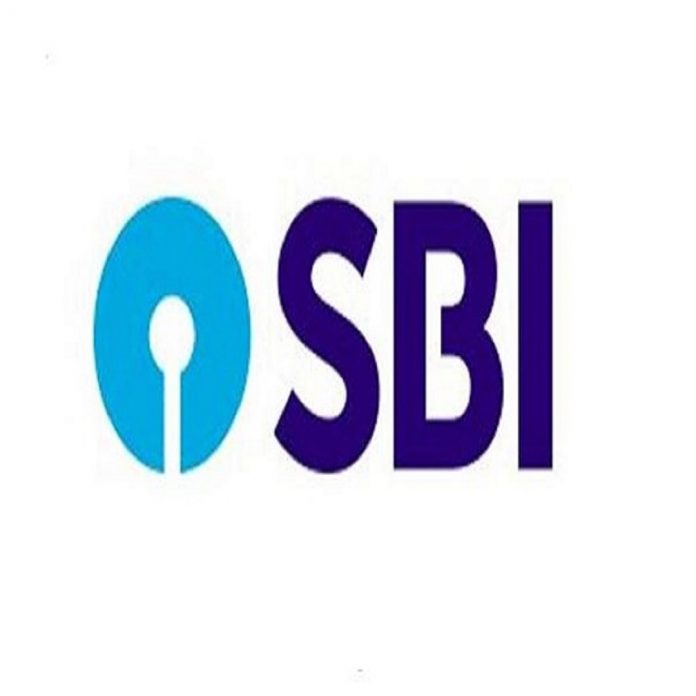State Bank of India (SBI) allows several documents that can be used by different individuals for the purpose of KYC. Know Your Customer ( KYC)is a method where banks collect information about their customers’ identity thereby assuring that bank services are not misused.
The KYC procedure is applied when bank customers open accounts. Banks are also asked to periodically update their customers’ KYC details. The process of KYC requires banks to collect and verify the basic details of customers.
HOW TO UPDATE SBI KYC?
Customers should visit the SBI branch near them and give a copy of any of the address and identity (ID) proof that is allowed for the KYC update.
The country’s top lender State Bank of India has listed a list of documents acceptable for KYC in case of an individual, minors, NRIs for small account holders.
Individual account holders are eligible to submit anyone document towards proof of identity and proof of address from passport, voter’s identity card, driving license, Aadhaar card, NREGA Card, and PAN card.
ALSO CHECK: Get a tremendous discount with 1mg Coupon Code and The Man Company Coupons
INDIVIDUALS (DOCUMENTS ACCEPTABLE AS PROOF OF IDENTITY/ADDRESS)
- Passport
- Voter’s Identity Card
- Driving Licence
- Aadhaar Letter/Card
- NREGA Card
- PAN Card
MINORS
If the minor is less than 10 years of age, ID proof of the person who will operate the account to be submitted.
In cases where minors can operate the account independently, KYC procedure for identification/address verification as in the case of any other individuals would apply.
NON-RESIDENT INDIANS (NRIS)
Non-resident Indians (NRIs) can present passport or residence visa copies. The residence visa documents should be duly attested by foreign offices, notary, Indian Embassy, officers of correspondent banks whose signatures are valid through an authorized branch of the SBI.
According to the guidelines announced by the RBI, thus the bank has to update their KYC after a certain amount of time and the notice is to tell the customers that their KYC is due.
Recently, SB had advised its customers about a fraud in which scamsters posing as bank officials have fooled people. They call up the victim and tell him his KYC needs to be verified, offer to help him complete the procedure online, and then hack into his bank account.



